A Forbidden Frontier: Inside North Korea
North Korea, officially known as the Democratic People’s Republic of Korea (DPRK), is one of the most secretive and enigmatic countries in the world. Nestled in East Asia and sharing borders with China, South Korea, and Russia, it remains largely cut off from the outside world, earning the nickname “The Hermit Kingdom.” While the nation’s isolation has fueled curiosity and speculation, stepping inside North Korea reveals a complex society shaped by ideology, history, and a tightly controlled government.
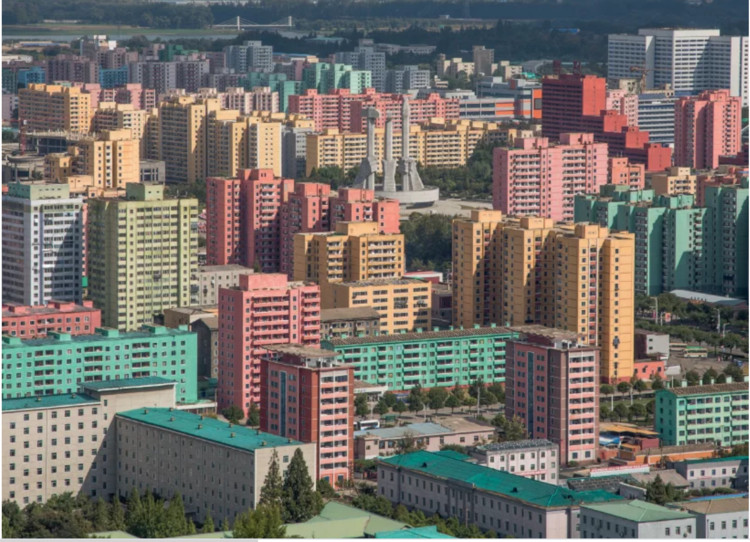
A Nation of Juche
The foundation of North Korea’s identity lies in its guiding philosophy of Juche, a concept introduced by Kim Il-sung, the country’s founding leader. Juche emphasizes self-reliance, independence, and national pride. This ideology permeates every aspect of North Korean life, from politics to education and even daily routines. Propaganda posters and statues honoring the Kim family are omnipresent, reinforcing loyalty to the leadership as the cornerstone of the nation’s survival.
A Life of Restrictions
Life inside North Korea is starkly different from the outside world. The government maintains strict control over all aspects of society, including media, education, and movement. Access to information is tightly regulated, with state-controlled television and newspapers serving as the primary sources of news. The internet is largely inaccessible to the general population, and foreign influences are suppressed to maintain ideological purity.
Ordinary citizens live under a rigid hierarchy dictated by the songbun system, which classifies individuals based on their family background and perceived loyalty to the state. This classification affects access to education, employment, and even food distribution, creating significant disparities within the population.
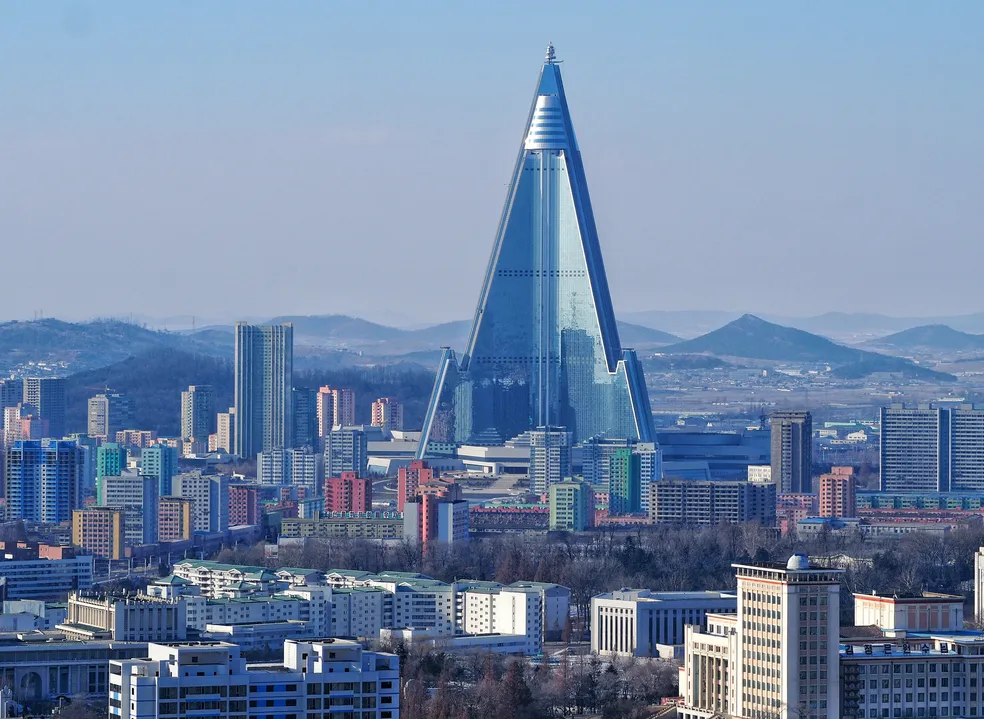
The Capital: Pyongyang
Pyongyang, the capital city, serves as the showcase of North Korea’s achievements. With its towering monuments, wide boulevards, and meticulously planned architecture, it presents an image of prosperity and order. However, this is far from representative of the entire country. Rural areas often face severe economic challenges, with limited access to modern infrastructure and resources.
Tourists visiting North Korea are introduced to a curated version of the country, heavily monitored and guided at all times. Destinations such as the Kumsusan Palace of the Sun, where the embalmed bodies of Kim Il-sung and Kim Jong-il lie, and the massive Arch of Triumph are meant to highlight the regime’s power and glory.
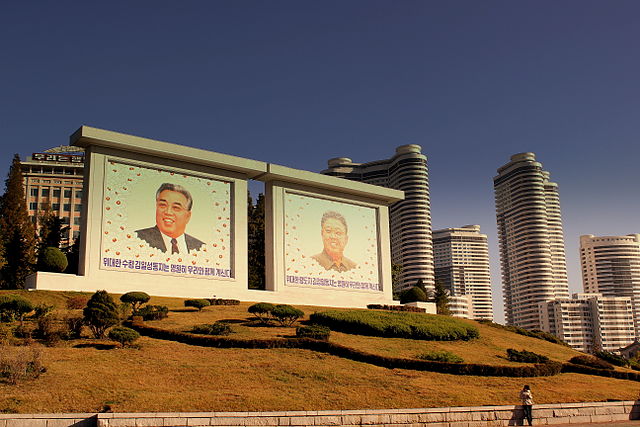
Human Rights and Challenges
North Korea’s human rights record is one of the most contentious issues in the global community. Reports of political prison camps, forced labor, and suppression of dissent paint a grim picture of life for those who challenge the state. Defectors who manage to escape often share harrowing stories of survival, revealing the lengths to which the regime goes to maintain control.
Despite these challenges, North Koreans are resilient. Stories of underground markets, secret schools, and shared dreams of a better future demonstrate the human spirit’s ability to endure even under the most oppressive conditions.
The Global Stage
North Korea’s role in international politics is often marked by its nuclear ambitions and tense relations with other nations. Diplomatic efforts to address denuclearization and human rights issues have been met with mixed success, as the regime remains wary of foreign influence and intervention.
A Land of Mystery
To the outside world, North Korea remains a land of mystery—a forbidden frontier shrouded in secrecy. While its isolation has created an aura of intrigue, it has also left much of the population struggling under the weight of an authoritarian regime.
Understanding North Korea requires more than just fascination with its peculiarities. It demands empathy for its people, critical analysis of its government, and a deeper look at the historical and geopolitical forces that have shaped the nation. While much of North Korea remains inaccessible, the stories of its citizens remind us of the universal desire for freedom, dignity, and hope.
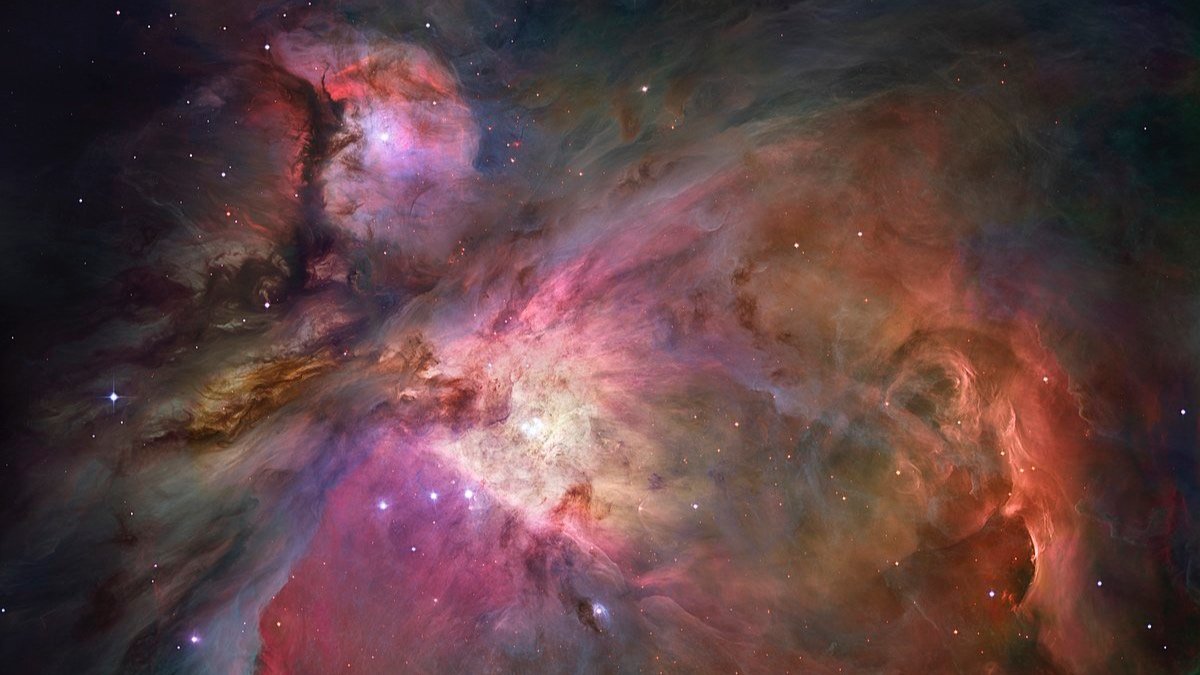
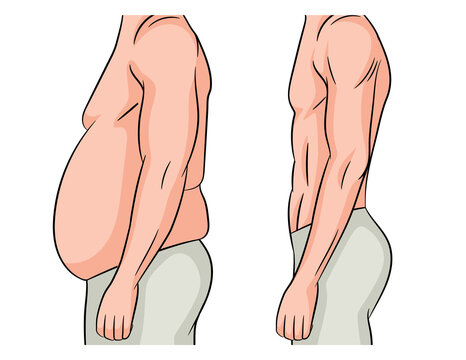
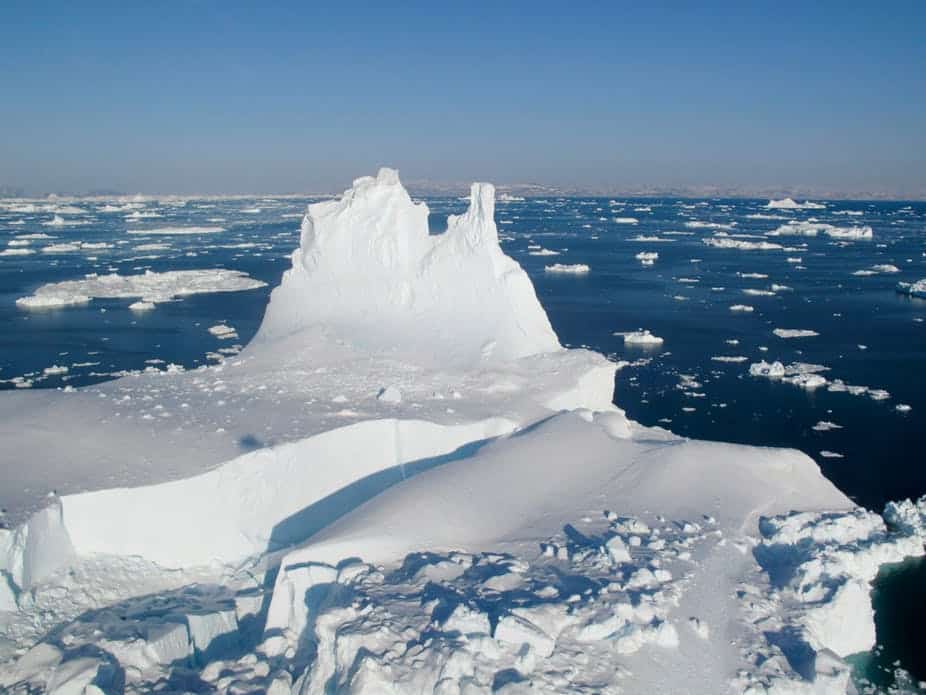

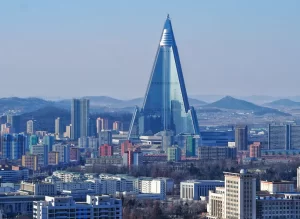
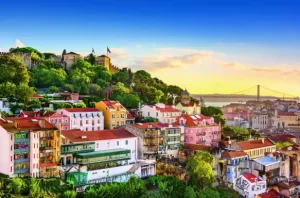



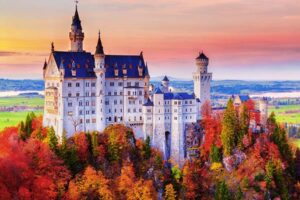
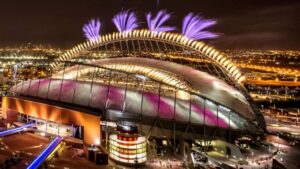

Post Comment